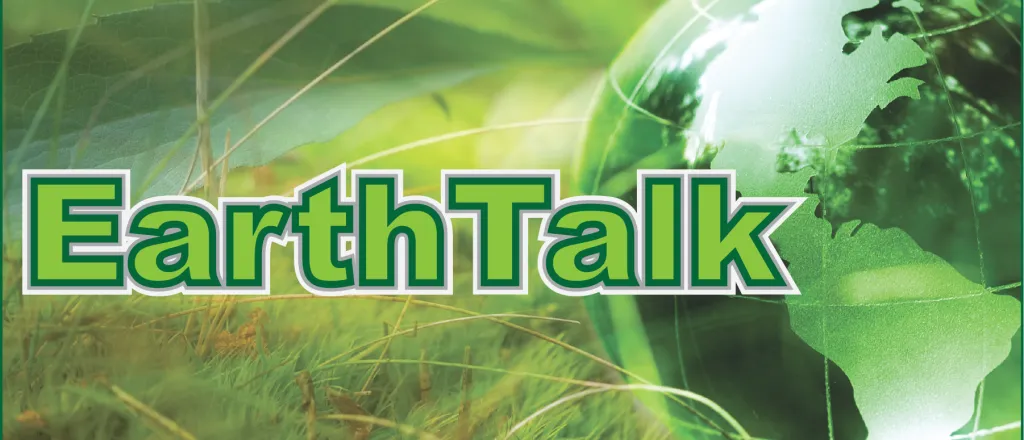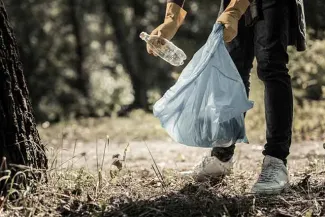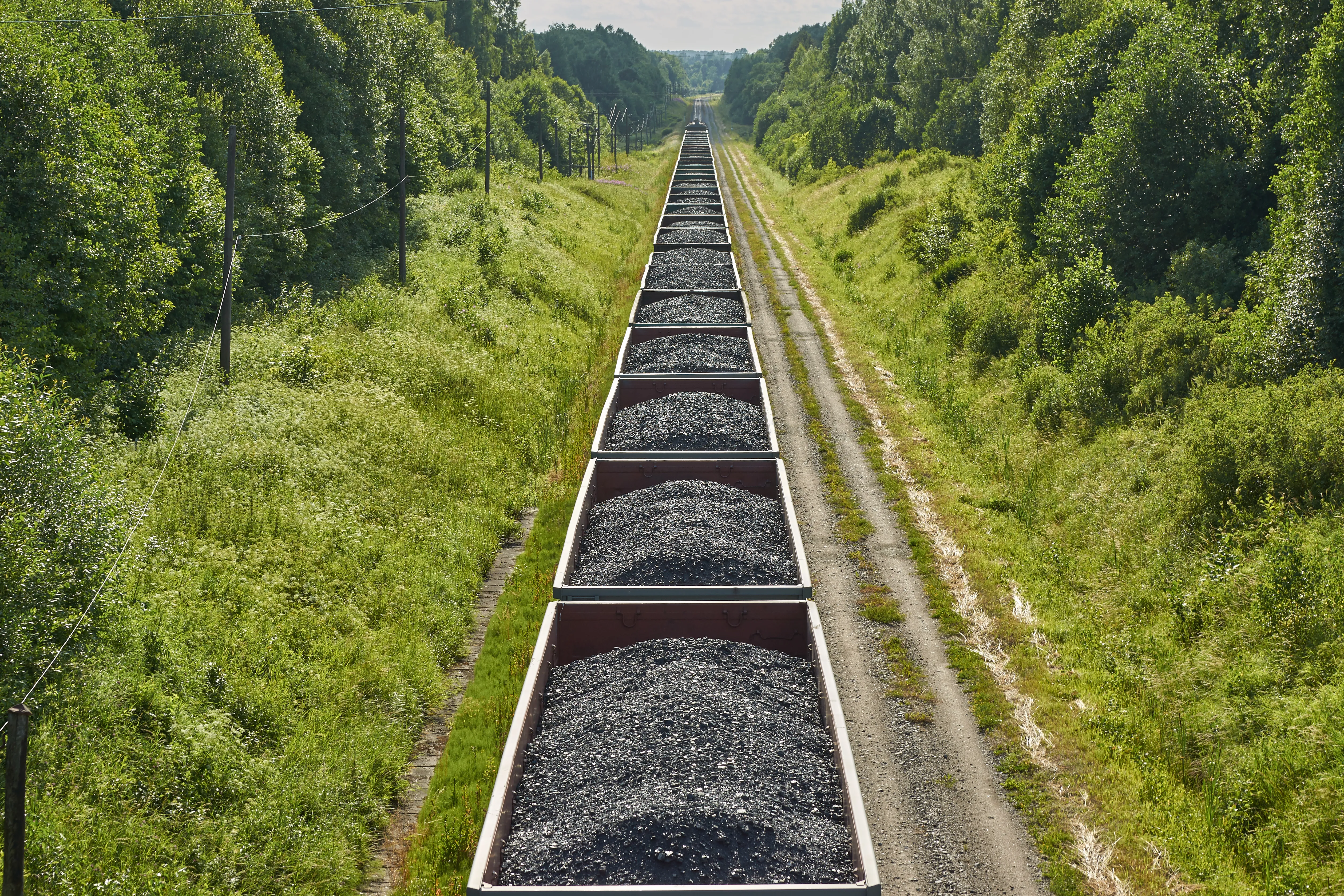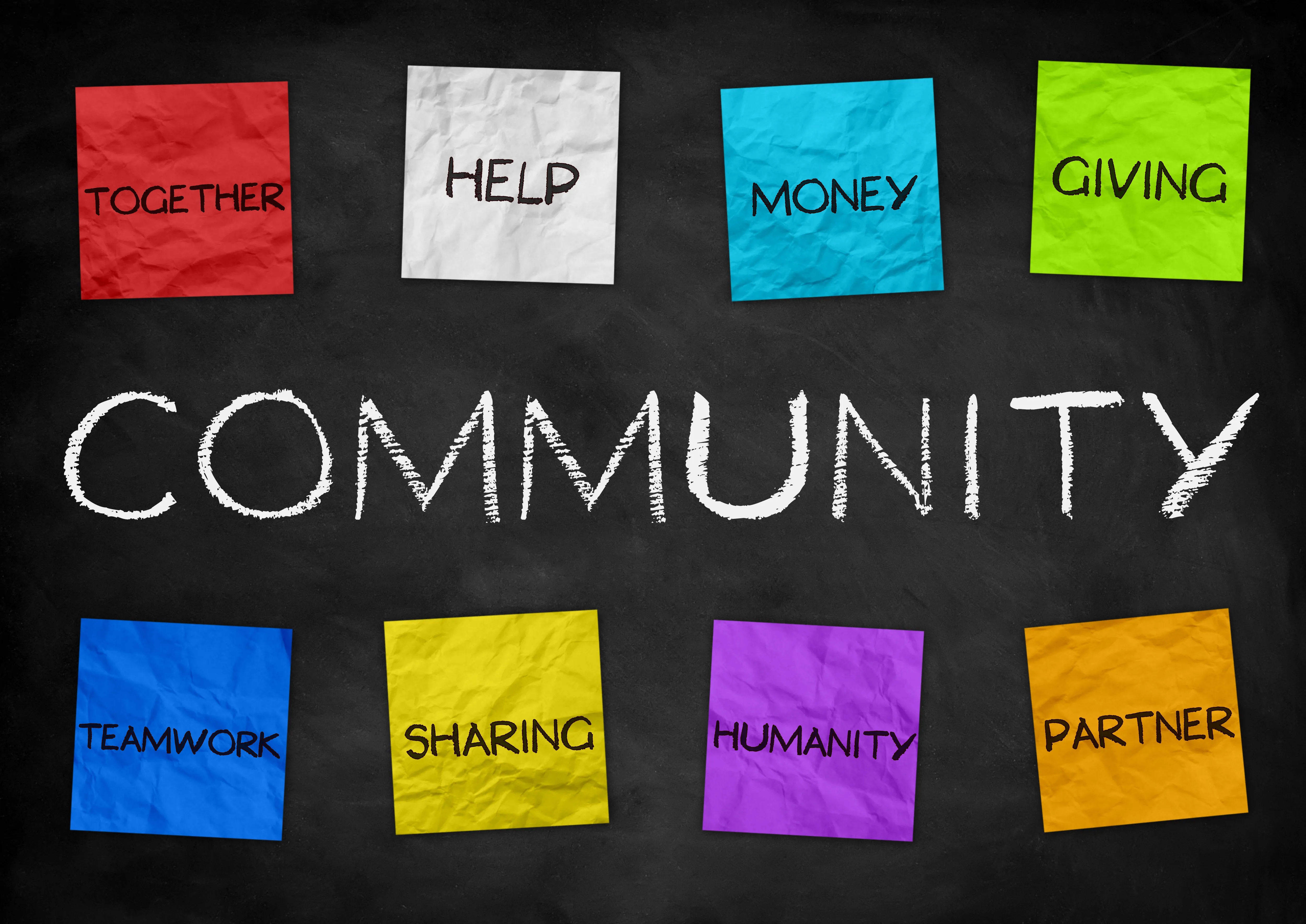
EarthTalk - Is the U.S. still sending large barges of trash and recycling overseas?
©
Dear EarthTalk:
Is the U.S. still sending large barges of trash and recycling overseas? If so, which countries are taking most of it and is this good or bad for the environment?
P.L., via email
In what is called “waste colonialism” the U.S. exports large amounts of trash and recycling overseas, particularly plastic waste. For decades, countries in Asia have received this waste, but growing environmental concerns have led several of them to change their policies.
The biggest shift came in 2018 when China stopped accepting most imported recyclables through its National Sword policy. This left the U.S. scrambling to find new destinations. Since then, countries like Malaysia, Thailand, Indonesia and Vietnam have become major importers of American waste. Some of these materials are technically recyclable, but many shipments include contaminated or low-quality plastics that are difficult or impossible to process properly.

© iStock - yacobchuk
These countries are left dealing with the consequences, including pollution, public health risks and damaged ecosystems. Some governments have pushed back. Malaysia has returned containers of waste to sender countries, and Thailand plans to ban plastic imports entirely by 2025. The Philippines has also made headlines for sending back trash shipments to Canada and South Korea.
The environmental and social effects are serious. Much of the waste ends up burned or dumped illegally. This releases harmful chemicals into the air and water, affecting both people and wildlife. In many communities near dumping or processing sites, residents report increased health issues and environmental degradation. Waste also clogs waterways, contaminates soil and reduces air quality.
Supporters of the trade argue it provides economic benefits and supports recycling markets in developing countries. But critics point out that these benefits often come at too high a cost and that real recycling rarely occurs.
To address the issue, U.S. experts and advocates recommend improving domestic recycling infrastructure reducing single-use plastics and enforcing stricter export rules. International agreements like the Basel Convention aim to regulate the waste trade, though the U.S. has not ratified the treaty. In the long term, reducing waste at its source is key. Consumers can help by using less plastic, choosing reusable products and supporting policies that prioritize sustainability and fairness in how waste is managed worldwide.
CONTACTS
- Waste Trade: A Form of Colonialism | Break Free From Plastic, https://www.breakfreefromplastic.org/2024/08/01/waste-trade-a-form-of-colonialism/.
EarthTalk® is produced by Roddy Scheer & Doug Moss for the 501(c)3 nonprofit EarthTalk. See more athttps://emagazine.com. To donate, visit https://earthtalk.org. Send questions to: question@earthtalk.org.

















